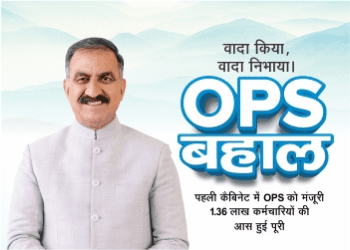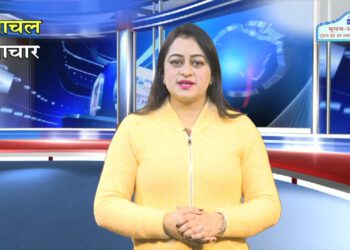A bench headed by CJI NV Ramana said this was a direction that has to be issued urgently in view of a report by the amicus curiae (lawyer to assist the court) flagging attempt by various state governments to drop charges against sitting and former legislators Clipping the powers of state governments, the Supreme Court on Tuesday said that no criminal case against MPs or MLAs can be withdrawn without an approval of the high court of the concerned state.
A bench headed by Chief Justice of India (CJI) NV Ramana said this was a direction that has to be issued urgently in view of a report by the amicus curiae (lawyer to assist the court) flagging attempt by various state governments to drop charges against sitting and former legislators.
“We deem it appropriate to direct that no prosecution shall be withdrawn against MPs or MLAs without the leave of the high court concerned,” ordered the bench, which also included justices Vineet Saran and Surya Kant.
The court directed that the trial judges, hearing the criminal cases against MPs and MLAs in the special courts, should continue in their current posts until its further orders and that the high courts shall look into this.
The directions were issued by the bench while hearing the plea filed by advocate Ashwini Upadhyaya citing staggering pendency of criminal cases against MPs and MLAs and their expeditious disposal by setting up special courts.
he court order is a clampdown on misuse of power by the state governments under Section 321 of the Code of Criminal Procedure that authorises a prosecutor to seek withdrawal of a criminal case against the accused.
The order was passed after amicus curiae, senior advocate Vijay Hansaria, implored the bench to issue suitable directive that no prosecution should be allowed to be withdrawn under Section 321, CrPC against a sitting or former Member of Parliament or a Member of Legislative Assembly/ Council without the permission of the high court.
Hansaria listed out instances from Karnataka, Uttar Pradesh, Uttarakhand and Maharashtra where orders under Section 321 CrPC were issued. In Karnataka, by a government order passed in August 2020, instructions were issued to withdraw 61 criminal cases, many of which were filed against sitting legislators of the state assembly.
Uttar Pradesh similarly chose to withdraw prosecution last year against political leader Sadhvi Prachi and three sitting MLAs – Sangeet Som, Suresh Rana and Kapil Dev, for making inflammatory statements during the 2013 Muzaffarnagar riots. The amicus cited news reports to show that the withdrawal of prosecution was applicable to 76 criminal cases related to the riots. Another report from Maharashtra indicated that the state government had decided in December last year to withdraw political cases against activists registered prior to December 31, 2019.
Hansaria relied on a recent judgment of the Supreme Court which ruled that legislators do not have immunity from criminal law while clearing the decks for the prosecution of some of Kerala’s sitting and former MLAs who threw furniture and destroyed computers and microphones during a House proceeding in 2015.
The bench accepted the senior counsel’s request and issued the direction.
During the proceedings, the court also pulled up the Central Bureau of Investigation (CBI) for not submitting details of cases the agency is prosecuting against MPs and MLAs. The bench read out its orders since September 2020 when the CBI was repeatedly asked to submit a status report but to no avail.
“We have no words now. We have already said everything we could. We have to only presume certain things now… We asked the government of India about their seriousness and we were told that the government is very much serious about completion of trials against MPs and MLAs but there is nothing you have done. We can say this much,” it told solicitor general Tushar Mehta who appeared for the CBI.
On his part, the S-G said that the government is committed to expeditious completion of trials against the elected representatives and asked for a final opportunity to file the report.
“We are giving you the last opportunity. If you don’t do it now, we will assume you have nothing to say,” retorted the bench as it fixed August 25 as the next date of hearing.
The CJI also indicated that a special bench will be constituted to regularly monitor the progress made in ensuring speedy trials of MPs and MLAs, in which there is already a direction of the top court in 2014 that such trials must complete within one year of the framing of charges.
Upadhyay had filed petition in 2016, seeking directions for adequate infrastructure to setup special courts to decide criminal cases involving legislators within one year and debar the convicted persons uniformly from legislature, executive and judiciary.












